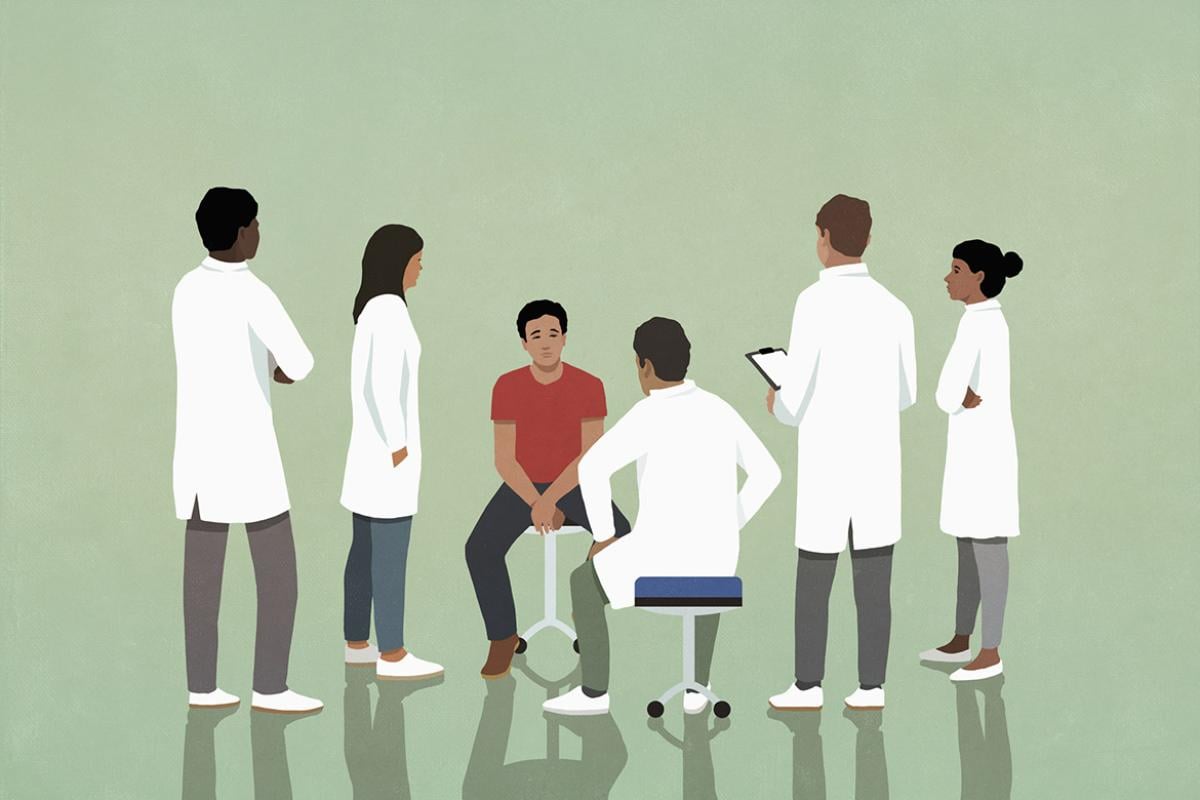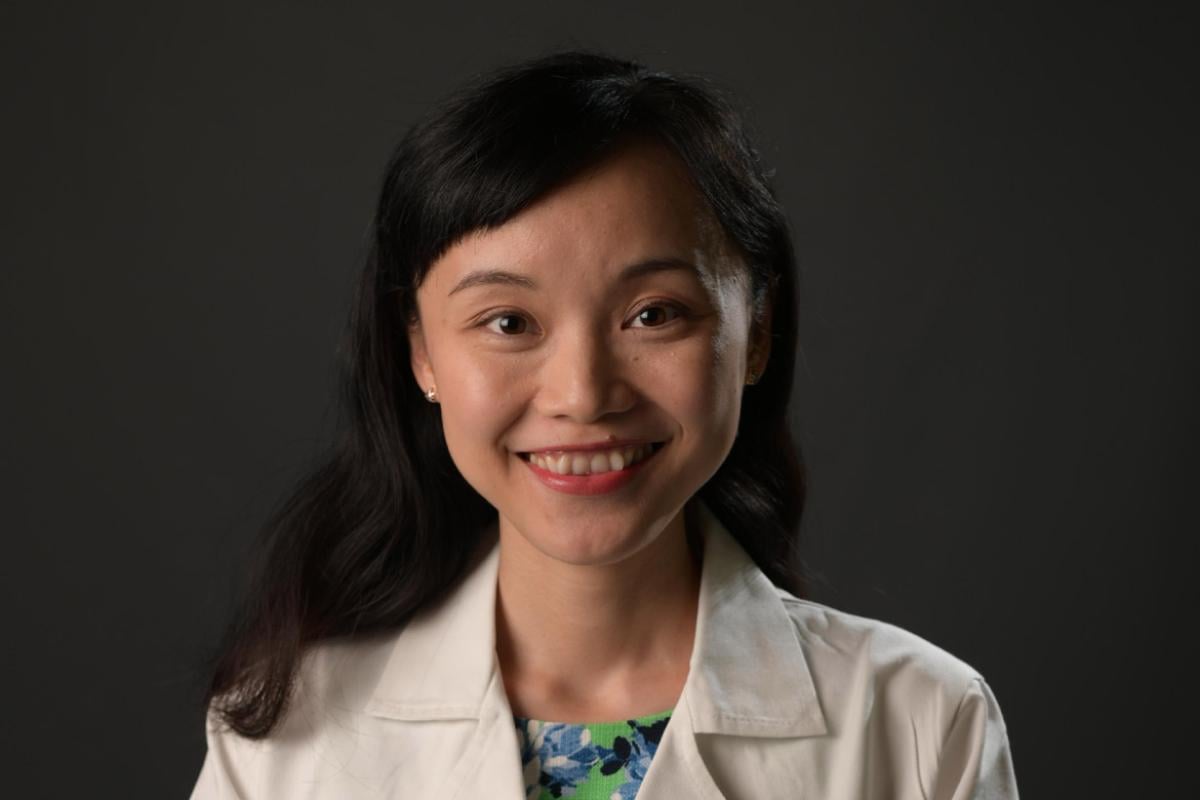About half of physicians in training are experiencing burnout, according to exclusive AMA data drawn from surveys of 1,600 residents and fellows at about 20 training institutions across the country.
At Louisiana State University (LSU) Health Shreveport, leaders are cognizant of that reality and are working to limit administrative pressures put on residents. One way the academic medical center is trying to prevent burnout is by limiting the number of educational modules assigned to residents.
LSU Health Shreveport is able to do that by leveraging the AMA GME Competency Education Program, which delivers education to help institutions effectively meet Accreditation Council for Graduate Medical Education (ACGME) common program requirements. The program provides an award-winning virtual experience, with quality education designed for residents on the go. It’s easy to use, saves time and cuts administrative burdens with simple reporting tools. Learn more.
"We have to be very careful about the number of modules that we assign residents to make sure that they can apply the principles that are taught in those modules to everyday life and in their residency," said Leisa Oglesby, executive director of medical services and designated institutional officer at LSU Health Shreveport.
Oglesby talked about how her medical center incorporates the AMA GME Competency Education Program into the resident learning experience during a recent episode of “AMA Update.”
The right training at the right time
LSU Health Shreveport has required residents to participate in the AMA GME Competency Education Program for several years, but last year Oglesby and her colleagues took a step back to consider how they might be able to make the experience more impactful for residents.
To do that, they turned to the source.
Oglesby formed a subcommittee of resident and fellowship program directors to identify how specific modules should be assigned.
"Assigning that to the program directors … was probably the most important thing we could have done," Oglesby said.
The outcome was a specific curriculum for each year of the residency or fellowship program. The goal was to zero in on topics specifically relevant to residents and fellows at each part of their educational journey. For example, first-year residents are required to take eight specific modules that touch on foundational topics, including:
- Building a patient-physician relationship.
- Patient handoffs.
- Resident intimidation.
- Residents as teachers.
- Privacy and confidentiality.
- Working effectively with an interprofessional team.
- Promoting medication adherence.
- Racism in medicine.
In previous years, LSU Health Shreveport monitored residents' module progress as part of annual program evaluations. With the shift to focusing more specifically on the AMA GME Competency Education Program modules, the medical center also developed a year-end deadline for all module completion.
And it’s worked, Oglesby said, as the institution ranks among the highest in the country in terms of AMA GME Competency Education Program course completions.
Explore the AMA Thriving in Residency series, which has guidance and resources on navigating the fast-paced demands of training, maintaining health and well-being, handling medical student-loan debt, and other essential tips about succeeding in graduate medical training.
Other ways to improve well-being
LSU Health Shreveport also incorporates these other methods to help reduce burnout among their residents and fellows:
- Using an ACGME screening tool focused on well-being and requiring residents to complete the tool for their semiannual evaluation, and discussing specific well-being concerns during the evaluation.
- Appointing a social or well-being chair for each program.
- Developing process groups where residents meet with a counselor once a month to discuss team building, as well as the challenges and difficulties of transitioning from a resident to a physician.
“AMA Update” is your source for physician-focused news. Hear from physicians and other experts on trending public health concerns, practice issues and more—because who’s doing the talking matters. Catch every episode by subscribing to the AMA’s YouTube channel or listen to all AMA podcasts at ama-assn.org/podcasts.



